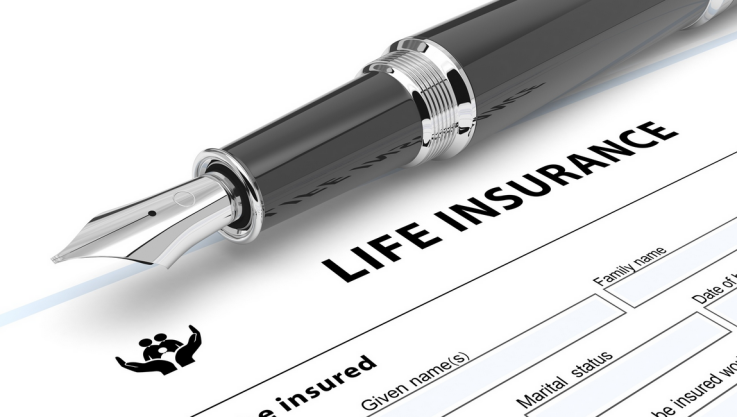Advantages of Having Life Insurance
Feb 15, 2024 By Susan Kelly
Many individuals do not have life insurance, even though it may be quite helpful in providing financial security for a family during a tragic event. According to a poll conducted in 2021, about half of all persons living in the United States do not have life insurance. One factor is that many believe life insurance is too costly. For instance, when asked to estimate how much it would cost for a healthy 30-year-old to get a $250,000 term life insurance policy, most of those who participated in the poll believed it would cost at least $1,000 each year. The annual cost is more on the order of 160 dollars on average.
Life Insurance Payouts Are Not Subject To Taxation
Your dependents can receive a one-time payment known as a lump sum death benefit if you pass away while your life insurance policy is still active and you have purchased coverage. Your beneficiaries do not need to disclose the money when they submit their tax returns since life insurance payments are not considered taxable income by the Internal Revenue Service (IRS).
Cost of Daily Living
Many experts recommend getting a life insurance policy worth seven to 10 times one's annual income. Suppose you have a policy (or a set of policies) with this scope. So long as your income covers their living expenses and other large costs, those dependent on your income need not be concerned about these things. For example, if your insurance policy covers the cost of your children's college tuition, they won't have to take out student loans.

Life Insurance can Pay for Final Expenses
As of 2021, the typical cost of a funeral in the United States that includes both viewing and burial was $7,848. Because many people in the United States do not have the resources to handle even a $400 emergency bill, the need to pay for a funeral may be a significant strain financially. If you have a life insurance policy, the money from that policy may be used to pay for your funeral and other last expenditures, so your heirs won't have to spend their own money or go into debt. Several insurers provide coverage that covers last expenses. These insurance offer minimal coverage levels and monthly premiums that are, on average, reasonably affordable.
Coverage for Chronic and Terminal Illnesses
You may extend or modify your coverage using endorsements or riders, which are available from several life insurance companies and can be added to your policy. Under some situations, you may be able to collect part or all of the death benefit that you have paid into an expedited benefits rider. You may be able to access your life insurance policy's death benefit while you are still alive if you have been diagnosed with a terminal disease and are given a prognosis of less than a year to live. This allows you to pay for your treatment or other costs while alive.

Policies Can Supplement Your Retirement Savings
In addition to covering the cost of your funeral and other last expenses, a whole, universal, or variable life insurance policy may build cash value throughout your policy's existence. You will be able to use the cash value accumulated over time to pay for costs such as the purchase of a vehicle or the first deposit on a house. You may even use it throughout your retirement years if you need more income at any point. However, a standard retirement plan such as a 401(k) or an IRA should not be substituted for a life insurance policy while saving for your golden years. In addition, the premiums for cash value life insurance are much higher than those for term life insurance, which does not have a savings component and provides a death benefit.

Nov 30, 2023 Triston Martin

May 16, 2024 Susan Kelly

Dec 01, 2024 Pamela Andrew

Jan 17, 2024 Susan Kelly

Dec 15, 2023 Susan Kelly

Jan 03, 2024 Susan Kelly